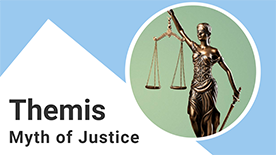Scenario A
Hercules;
the myth of strength
where a rigid society is guided by hard powers
the myth of strength
In this scenario, power and politics are based on the values of authority and strength, in a context where societal change experiences a lot of inertia and major, well-established actors dominate the economy.



